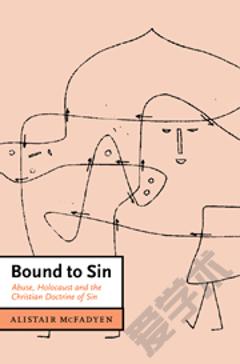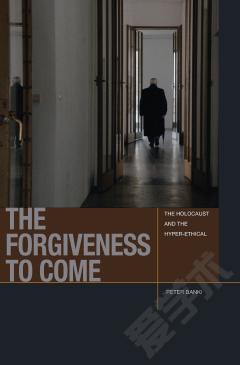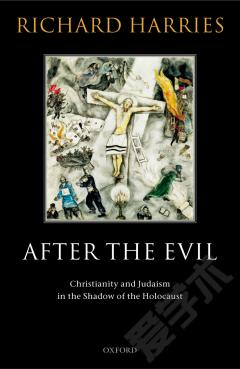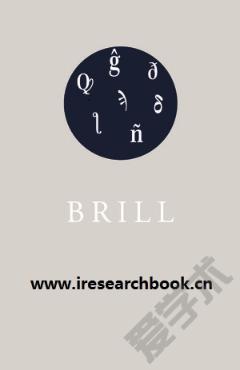Bound to Sin: Abuse, Holocaust and the Christian Doctrine of Sin
This book tests the explanatory and descriptive power of the doctrine of sin in relation to two concrete situations: sexual abuse of children and the holocaust. Taking seriously the explanatory power of secular discourses for analysing and regulating therapeutic action in relation to such situations, the book asks whether the theological language of sin can offer further illumination by speaking of God and the world together. Through its discussion of abuse and the holocaust, an engagement with Augustine, original sin and feminism, a fresh and sometimes surprising perspective is offered, both on the theology of sin and on the pathologies under consideration. The understanding of sin that emerges is centred on joyful worship of the trinitarian God. This essay is more systematic and more theological than most practical, pastoral or applied theology and more practical and concrete than most systematic or constructive theology. It is a genuinely concrete, systematic theology.
{{comment.content}}








 京公网安备 11010802027623号
京公网安备 11010802027623号